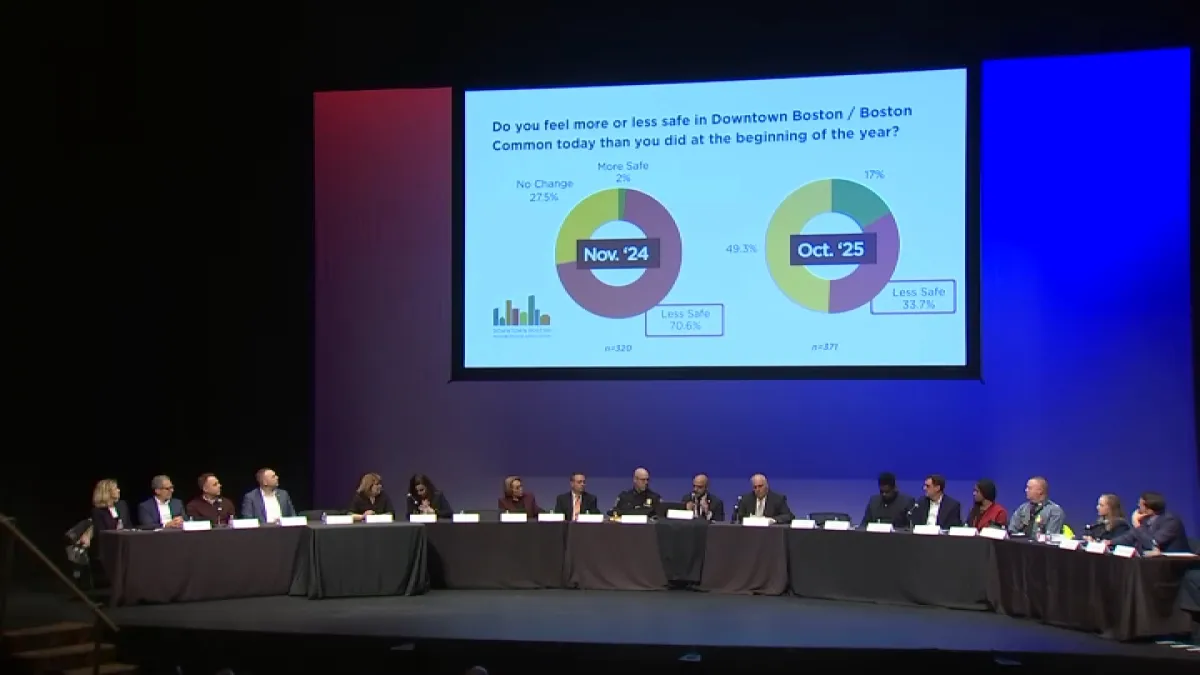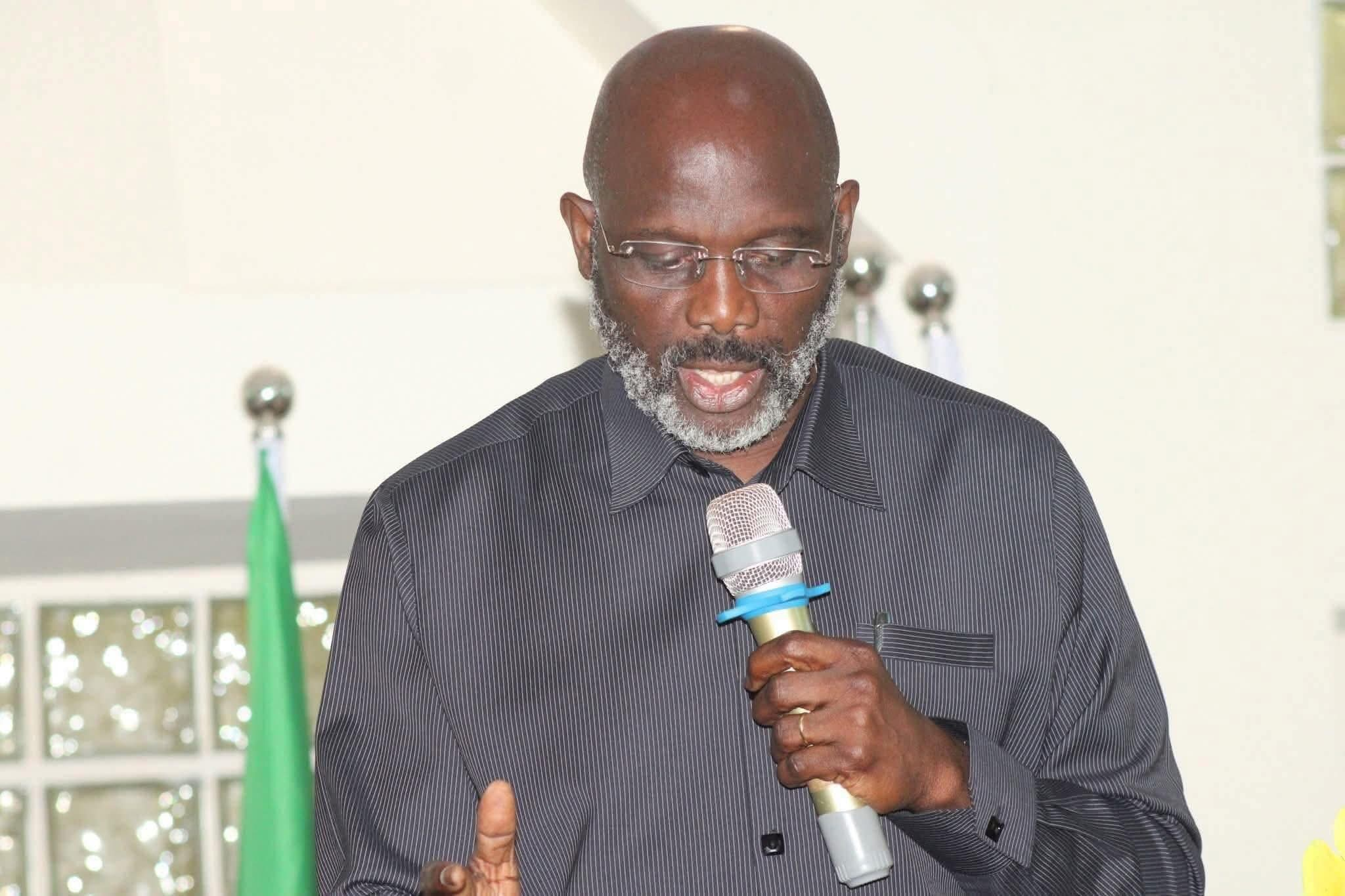Copyright Vulture

Who will free us from the handsome British issue drama? Plays that float across the Atlantic on clouds of critical praise with sumptuous, starkly modern whizbang production design—lord how much funding you all have over us Americans—and which purport to tackle serious issues, but exhibit, once you scratch past the hard lighting and drum-forward soundscapes, a facile shallowness. Earlier this fall on Broadway, we had Will Graham’s swing at masculinity in Punch, and before that, his Rupert Murdoch in Ink; there’s also been Suzie Miller’s legal drama about sexual assault Prima Facie, pulsingly directed by Justin Martin, and Peter Morgan’s Patriots, a peek behind the rise of Putin. A summit of the form would be The Lehman Trilogy, where Sam Mendes unleashed every dramatic trick in his arsenal to unveil a grand thesis that capitalism is maybe not the greatest idea after all. These works allow some self-congratulation, both for the play’s hammering on of a hard nut, and for your ticket purchase and bearing witness to an important work, but there’s so much showmanship involved that it dilutes the effect. The handsome British issue drama doesn’t trust you to be interested in a subject on its own terms, so like a good governess, it’ll provide more and more sugar to make the medicine go down. At a certain point, there’s so much sucrose in the recipe, you wonder if the health benefits are gone. That’s how I felt watching Kyoto, Joe Murphy and Joe Robertson’s two-and-a-half hour drama about the UN negotiations over climate change, sleekly directed by Stephen Daldry and Justin Martin. It worries so much about keeping you entertained it barely leaves a mark. From the moment you walk into the Mitzi E. Newhouse theater, an attendant hands you a lanyard as if you’re a negotiator at a conference (I was Portugal; we specialize in tourism and lumber). Then the play opens with a throat-clearing meditation on our age of disunity, with short-form videos of political violence projected on the backdrop, after which our narrator, played by Stephen Kunken, enters to take us on a trip back to the cozy 1990s, when America was ascendant and we could all get along. That, thankfully, turns out to be double-edged nostalgia, and Kunken’s casting is Kyoto’s sharpest tool. In performance he is witty and erudite, with the wiry energy of an Ivy League debater, and he’s quickly revealed to be playing Kyoto’s villain, the lawyer Don Pearlman, who worked for Ronald Reagan’s Department of Energy and then became the go-to lobbyist for fossil-fuel companies. Der Spiegel once called him “the high priest of the carbon club,” which does sound amazing in German. Once he’s approached by the emissaries of the “Seven Sisters,” members of a conglomerate of major oil companies that are here, regrettably, costumed in black coats like noir gangsters, Pearlman sets about doing everything he can to sabotage the international discussions about the dangers of greenhouse gases. Murphy and Roberston devote their first act to the series of Conference of the Parties (COP) summits that preceded the climactic negotiations in Kyoto in 1997, which instituted a framework, severely weakened by compromise, for international cooperation on reducing emissions. The plotting resembles that of J.T. Rogers’s backroom negotiation dramas Oslo and Corruption, both of which also played the Newhouse, and which are homegrown American cousins of this British form, fleet-footed and heavy on “didja know?” Most of Kyoto’s cast are playing characters named after the countries they represent—Kate Burton channels her Scandal character as a doubletalking Southern-fried “America,” and Taiana Tully is a standout as the plaintive “Kiribati”—as Kunken skitters around the production’s central conference table throwing procedural stinkbombs into their meetings. Never trust an amoral Harvard man who can propose edits to your document. The decision to make the most charismatic character a snake makes you recall Richard III or Othello—the Royal Shakespeare Company did produce Kyoto, after all—though Kyoto doesn’t take the implicit way this builds sympathy between Pearlman and the audience to more engaging extremes. Dramas of climate change, at least ones playing to the subscribers of New York non-profits, tend to preach to the converted and stop short of indicting them. Everyone gets a sticker for knowing that science is real, and we as a planet are in deep shit, and, as good liberals, are not so responsible for it as faceless corporations are. (Madeline George’s Hurricane Diane, where a suburban housewife became an apocalyptic demon, is an exception I keep coming back to.) Pearlman gets in a few sneers at the carbon pollution generated by diplomats as they fly to these conferences and a crowd-pleasing jab before intermission at the fact that your drinks are sponsored by the Koch brothers, but the idea of mutual complicity in inaction doesn’t take deeper root. Kyoto, under Daldry and Martin’s direction, whirs across an expansive and detailed history of early climate-change debate—you’ll learn a lot about UN procedure and not necessarily mind that you do—but Robertson and Murphy are shy to dig past an accounting of the horrors of what didn’t happen over the course of many congresses to why. In the second act, they unveil the fact that Big Oil knew about the dangers of emissions far before anyone else. That is a brutal fact of history. As theater, here, it diminishes Kyoto’s force, making those villainous corporations all the more villainous, and letting Pearlman off disconcertingly easy—maybe, Robertson and Murphy suggest, he was just a naïve true-believer capitalist taken for a ride. Shouldn’t we interrogate why someone as intelligent as he might be equipped to exonerate himself? Might it have to do with something more deeply rotten and widespread than a few evil corporations? Hey, how did those corporations consolidate so much power? Should we talk, just for a half a second, about class struggle? Kyoto doesn’t go there, and if it’s soft on Pearlman, it’s very soft on its audience. They get a bigger emotional out through the character of his wife, Shirley, a mortifying dramatic mechanism played by Natalie Gold with as much gumption as she can manage. Shirley follows along as Don travels across the globe to various COP meetings, slowly developing a conscience along the way. She’s wowed by a theater production about climate change in Brazil—a moment where Daldry and Martin send up expensive German theater—and has an epiphany at a temple in Kyoto (meditative music is provided by Paul Englishby). It’s Shirley, not Don, who gets the closing monologue, an overlong meditation on how it’s possible to still see good in the accords’ act of compromise, and that we should still forge ahead toward a brighter future. We should, at very least, pressure our politicians to do something. But one more theatrical feat of sleight of hand has occurred, because Kyoto’s washing your hands for you. Don’t worry, you’re not the lobbyist, you’re the wife, and though you were complicit for a while, you’ll be forgiven in the end. You’re a good person, and you don’t need to do all that much to prove it. You already bought tickets to Kyoto. Kyoto’s moderation might have especially stuck in my craw because, a few days earlier, I saw Torrey Townsend’s Jewish Plot, a play that scorches the earth that this kind of pious issue drama stands upon. In Townsend’s metatheatrical set-up, we’re at a reading of his update of a fictional 19th-century play, itself called Jewish Plot; or, the Semite of Mayfair, by the pioneering British writer “Irwin Willoughby Bruntmole.” Morale is low before the reading begins: The actress Madeline Weinstein, playing some version of herself, admits to the audience that several other actors have already quit, and that they’re still waiting for Townsend’s rewrite of the play’s lost second act. She, alongside a very game Neil D’Astolfo, Tess Frazer, and Eddie Kaye Thomas, then do their best to stage Bruntmole’s lost “masterpiece,” a starchy drama in which a Jewish baron (Thomas) tries to woo a gentile (Frazer) whose family doesn’t approve, and then gets embroiled in a convoluted contretemps with an antisemitic Catholic priest (also Frazer) at a hokey Inn run by a pair of Cockney Thénardiers (Weinstein and D’Astolfo, with some wild accent work). In the first half, Townsend and director Sarah Hughes wring humor out of broad circumstances and performances; the claws come out later, as that second act arrives. Weinstein, whose character is most beholden to the parodically unhinged demands of the fictionalized Townsend, hands everyone Moby-Dick-length printouts of his latest revisions, and they all sit around a table reading along. A speech by the baron swerves into a digression about Townsend’s Jewish family’s history in Poland, and then a rant about how his agents insisted he write something that embraces his cultural heritage and uses it to appeal to a wider audience, with sideswipes at the more digestible work of Itamar Moses, Jesse Eisenberg, and “Joshua fucking Harmon.” (There are also jabs at Oslo, Indecent, The Lehman Trilogy, Parade, and Just for Us.) The rage builds and builds as the tangents Townsend’s avatar has written into his script get longer, testing his cast’s endurance and yours—Townsend and Hughes do lose track of the actors in the reading as specific characters, and a firmer delineation of their reactions to his speechifying would go a long way. But the sustained fury grabs you. Townsend has Israel’s genocide in Gaza heavily on the mind, and he takes himself and his industry to task for looking away while continuing to commodify Jewish-American identity and antisemitism. The plot in his title serves a triple meaning: a device, a scheme, and as the play turns chilling, an open grave.



